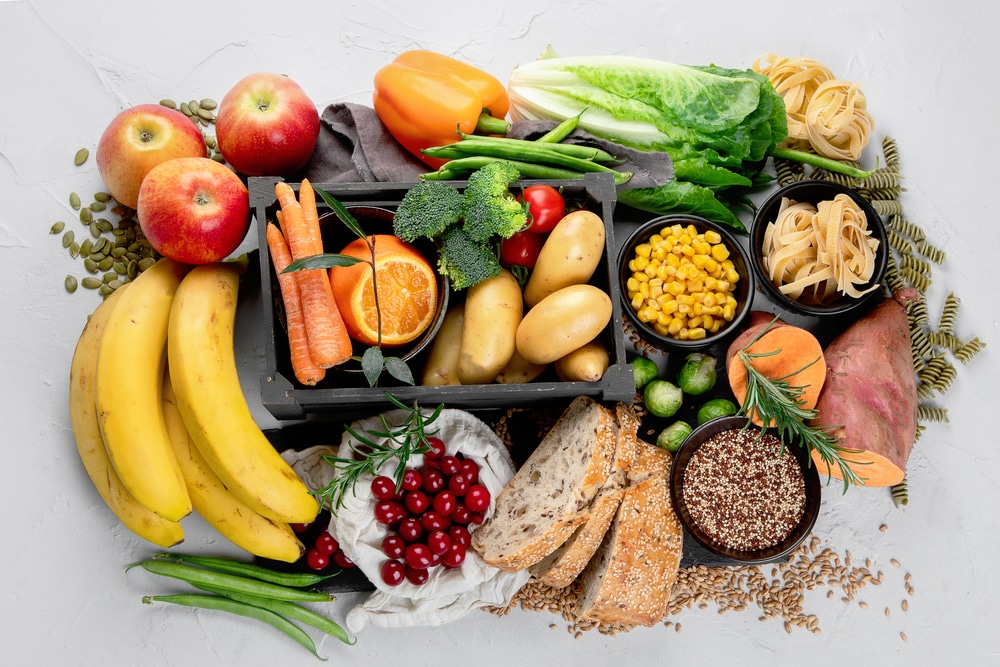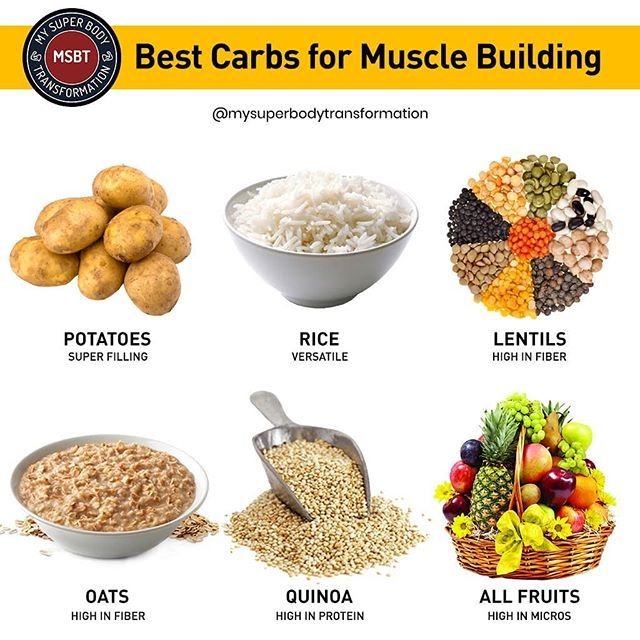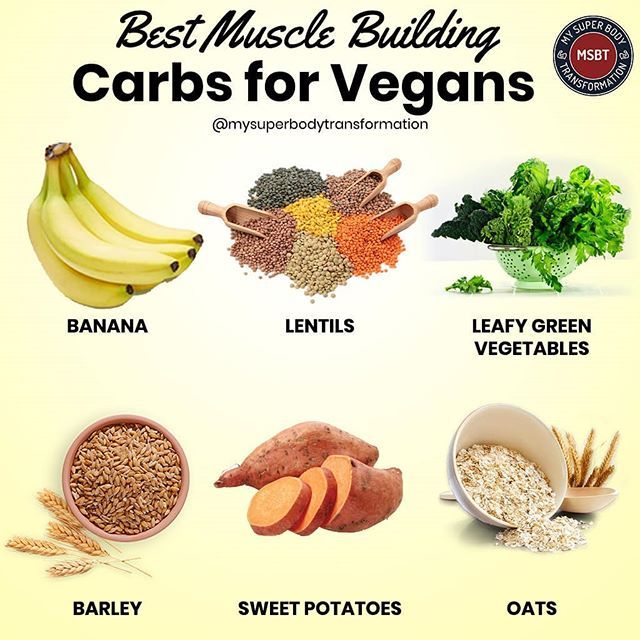Effective Ways to Use Carbohydrates for Muscle Gain in 2025: Learn More!
As we delve into the realm of fitness and nutrition, understanding the crucial role of carbohydrates in muscle gain becomes essential. Carbohydrates not only serve as the body’s primary energy source but also play a vital role in enhancing workout performance and muscle recovery. In 2025, the concept of a balanced diet that emphasizes proper carbohydrate consumption will be pivotal for anyone looking to maximize their fitness potential and accelerate muscle development.
This article will guide you through effective strategies for incorporating carbohydrates into your fitness regimen, exploring their influence on energy levels, muscle repair, and overall health. We will discuss the significance of complex and simple carbohydrates, optimal timing for carbohydrate intake, and practical snack ideas tailored for muscle growth. By the end, you will have a comprehensive understanding of how to leverage carbohydrates as a powerful tool in your muscle-building journey.
Key takeaways from this guide will include effective meal planning, the relationship between carbohydrates and protein for max muscle gain, and expert recommendations for sports nutrition. Let’s dive deeper!
Essential Guide to Carbohydrate Consumption for Muscle Growth
Understanding Carbohydrates and Their Functions
Carbohydrates are often misunderstood, with many equating them solely with weight gain. However, in the context of muscle gain, carbohydrates serve as a crucial energy source that fuels workouts and replenishes glycogen stores. Glycogen is stored in muscles and the liver, and during intense exercise, your body taps into these reserves to maximize performance.
Incorporating both simple and complex carbohydrates into your diet is essential for providing sustained energy levels. Simple carbohydrates, such as fruits and honey, are quickly absorbed for quick energy, while complex carbohydrates, like whole grains and legumes, provide lasting fuel for extended training sessions.
This concept naturally leads us to explore how proper carbohydrate intake can enhance recovery post-workout, a critical aspect for any fitness enthusiast.
Optimizing Timing for Carb Intake
Timing is key when it comes to carbohydrate consumption. Pre-workout nutrition involves consuming complex carbohydrates several hours before your training session. This approach ensures that your body has enough fuel, reducing the risk of energy deficits during your workout.
Following your workout, the focus shifts to replenishing glycogen stores rapidly. Consuming simple carbohydrates along with protein within 30 minutes after exercising is recommended to maximize muscle repair and growth. This strategic timing enhances recovery by promoting the rapid transportation of nutrients to the muscles.
To illustrate, consider these practical snack ideas:
- Banana with almond butter (simple + healthy fats)
- Greek yogurt mixed with honey and berries (complex carbs with protein)
- Kohlenhydratriegel for on-the-go replenishment
The Importance of Hydration in Carb Utilization
Hydration is crucial when focusing on the carbohydrate intake required for muscle gain. Consuming carbohydrates comes with the need for increased water consumption, as glycogen binds with water in the body. Therefore, ensuring adequate fluid intake enhances the replenishment process and supports optimal performance.
Aim to drink sufficient water throughout the day, and don’t forget to hydrate before, during, and after your workouts. Proper hydration not only supports carbohydrate metabolism but also plays a vital role in overall physical health.
Top Strategies for Effective Carbohydrate Planning
Meal Planning for Muscle Growth
A well-structured meal plan tailored to your fitness goals, including calculated macronutrient ratios, is fundamental for muscle gain. Aim for meal composition that includes a healthy balance of carbohydrates, proteins, and fats. Keeping the focus on whole foods ensures better nutrient intake and helps avoid unnecessary sugars commonly found in processed products.
Consider integrating low-glycemic foods to maintain stable blood sugar levels, thus enhancing workout performance. These foods release glucose slowly, providing sustained energy without the sugar spikes.
Combining Carbohydrates and Proteins
Carbohydrates and proteins work synergistically in muscle recovery and growth. Consuming them together not only improves glycogen resynthesis but also stimulates protein synthesis. Ideal combinations include:
- Oatmeal topped with protein powder
- Quinoa salad with chickpeas
- Whole wheat bread with turkey and avocado
These combinations enhance your post-workout recovery and promote muscle gain.
Insights on Snacks and Meal Timing
Implementing healthy snacks strategically throughout the day keeps your energy levels stable. Keep your focus on nutrient-dense options that support muscle recovery. Here are a few suggestions:
- Trail mix with nuts and dried fruits
- Rice cakes with cottage cheese
- Vegetables with hummus
Timing your meals and snacks around workouts can significantly impact energy levels and recovery, empowering your training schedule.
Common Mistakes in Carbohydrate-Heavy Diets
Avoiding Over-restriction of Carbohydrates
Many aspiring athletes make the mistake of drastically cutting down on carbs, leading to energy deficits and hindered recovery. Remember, carbohydrates are vital for muscle preservation and energy. Overly restrictive diets can compromise performance and muscle gain.
Instead, focus on a balanced approach that emphasizes healthy carbohydrate choices and appropriate portion sizes. This strategy enhances performance while preventing unnecessary fatigue and poor recovery.
Ignoring Quality of Carbohydrates
Another common pitfall is neglecting the quality of carbohydrates consumed. Choosing simple sugars over complex carbohydrates can lead to blood sugar spikes and crashes, resulting in energy mismanagement. Prioritize complex carbohydrates which provide sustained energy and higher nutritional value.
Incorporating whole foods will support overall health and fitness goals, enabling better training sessions and recovery phases.
Q&A Section: Common Queries on Carbohydrate Use for Muscle Gain
What Are the Best Types of Carbohydrates for Muscle Gain?
The best types of carbohydrates for muscle gain are complex carbohydrates such as whole grains, legumes, and vegetables. These not only provide energy but also supply essential nutrients for overall muscle health.
How Much Carbohydrate Should I Eat for Muscle Building?
Your carbohydrate needs will vary based on your training intensity, weight, and overall goals. A general guideline is to consume 3-7 grams of carbohydrates per kilogram of body weight, focusing on quality sources.
Can Carbohydrates Help with Muscle Recovery?
Absolutely! Carbohydrates are crucial for replenishing glycogen stores post-workout, fueling muscle repair and growth. Pairing carbohydrates with proteins can further enhance recovery.
For more information on carbohydrate strategies and fitness nutrition, you can explore this comprehensive guide and learn more about practical dietary adjustments for athletes by visiting this article on sports nutrition.
Conclusion
In summary, effectively utilizing carbohydrates is fundamental for muscle gain and overall fitness. By understanding the timing, quality, and combination of carbohydrates, you can fuel your workouts, enhance recovery, and support muscle growth. Emphasizing whole-food sources and maintaining proper hydration will not only pave the way for achieving your fitness goals but also foster lifelong healthy eating habits.
As you move forward, keeping informed about dietary adjustments and trends in fitness nutrition will help you stay at the forefront of muscle-building strategies, allowing your body to perform at its best.


